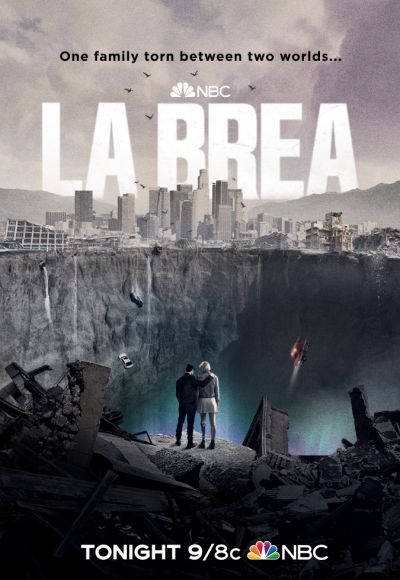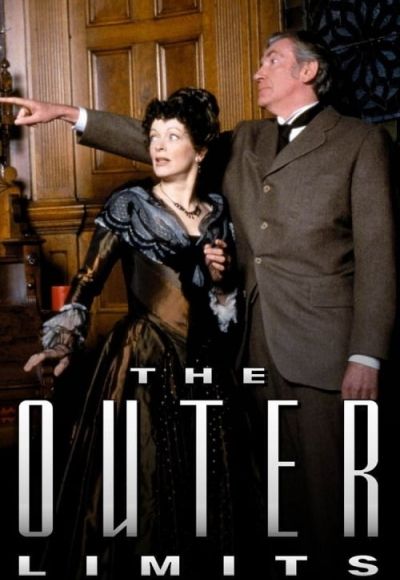I do both. When I come across an interesting series that has more seasons already I binge watch the whole lot.
If a series is new I will have to wait a week, unless it's Netflix that dumps it in one go.
The advantage of waiting is that you don't easily notice repetition or stupid patterns that you do notice when binging and then annoy you.
Also, I don't mind waiting a week if a series is good. I do mind having to wait forever between seasons. I sometimes give up on a series when it takes too long, like with GoT.
I've got a number of series that are now either waiting to get renewed or filming the new season, meaning I got to be patient!
I'm a lil irritated that ST Discovery stopped mid season at 7 episodes and the remaining episodes in the season don't start till Feb 10th. I searched about it and found out the episodes are already shot along with multiple episodes for the next season. They were talking about getting ahead due to the Covid restrictions.
What's the strategy in this? Why split the season if the material is already ready? Are they thinking
John Q Public wants to take a break mid-season? Are they trying to prevent binging? Do they think we need to anticipate cliff-hangers mid-season?
Then there's the issue with smaller seasons. I've been rewatching ST TOS. The seasons used to be nearly 30 episodes. Now, were lucky if we get 10 episodes in a season and only half of those at regular intervals. Its common for nearly all new series lately.
Before DVR, Before streaming, Before On Demand Episodes were shot 2-3 weeks in advance. The production team had steady work during the season run. Now, they try to shoot everything at once, sometimes parts of multiple episodes at the same time. They get all the acting out of the way then go back and fill in the CGI and graphics. The tactic is actually a jumbled mess which has to be sorted and tweaked before it can be released.
One result of this is social confusion. When production was weekly and episodic the shows reflected changing social attitudes as they happened in society. Now, those reflections are sporadic and mixed up in the episode releases.
This jumbling of current events degrades the quality of the show's anticipation which they try to 'fix' by splitting seasons and making fewer episodes per season.
Then you have focus on the same cookie cutter social values which don't really apply to society's current application.
Merry notes this with
An interesting note is the recent rise and rise of the villain character. I'm currently bingeing on the old "Law & Order SVU". The victim/ Survivor is favored whereas new dramas tend to side with the dark side/ malicious intent. Perhaps a reflection of where we're at as a society?
Television shows have always reflected current social concerns and established social patterns which shape how we look at those things. By focusing on the
rise of the villain character The studio is setting the path of social attitudes in its audience. This is a type of 'brainwashing' intended to change social attitudes in John Q Public.
In other words...The Idiot Box influences active social structure. They do this by using cookie cutter drama in every series. The focus on what they want us to think and most people never seem to notice as their value systems are rewritten by strangers.
If you do
this,
this will happen.
But when it doesn't work out that way in real-life, people think their doing it wrong and stress out about it. This Big Brother Brainwashing effect gets reinforced by all media influence and unless you stop focusing on media you never notice it.
This can easily be summed up when considering the Dr Smith character in the rebooted Lost in Space.
Dr Smith is over-the-top ruthless. Evil in everything she does.
When people watch this they identify with certain traits she displays and apply those traits to the people they know in real life. Then they suddenly stop trusting people they know because the have displayed one or two Dr Smith character flaws.
I call this the
Dr Smith Syndrome.
The Dr Smith Syndrome is not just character flaws of the Dr Smith character. It covers any character which influences peoples attitudes about life, both good and bad.
The media is telling us, This is how you should act, This is how you should handle that. This is how you should raise your family. This is how you should treat your co-workers. This is what you should buy, what you should eat, what you should watch.
When you are constantly bombarded with social ques you can't help but fall into that type of thinking. It becomes so common you never notices you are being molded by outside influence.
If you step away from that constant influence, when you see it you see it for what it is and its all around you.
Even the commercials and advertising strategies reinforce media's current influences.
Watching a medical show...you get ads and commercial which try to get you to buy or try new medicines.
Watching a crime drama show...You get ads and commercials for buying home security and insurance. You see ads from lawyers trying to get you to use them to sue people.
This tactic of influence has been growing since the days of radio shows. The practice has been expanding for over a century and they are getting really good at directing social values in the real world.
Problem is, NOW that process is getting jumbled up. Mainly because shows are not focusing on current events but more towards ideology of desired social framework.
To me, a show which pulls me into the story is merely entertainment. The cookie cutter influence tactics push me out of the story.
That's the problem with most current running shows. The influence tactics are in your face and screaming at you. Its no longer subtle.
This tells me how the industry thinks about the average viewer. It also tells me the industry has lost its ability to influence with subtly.














